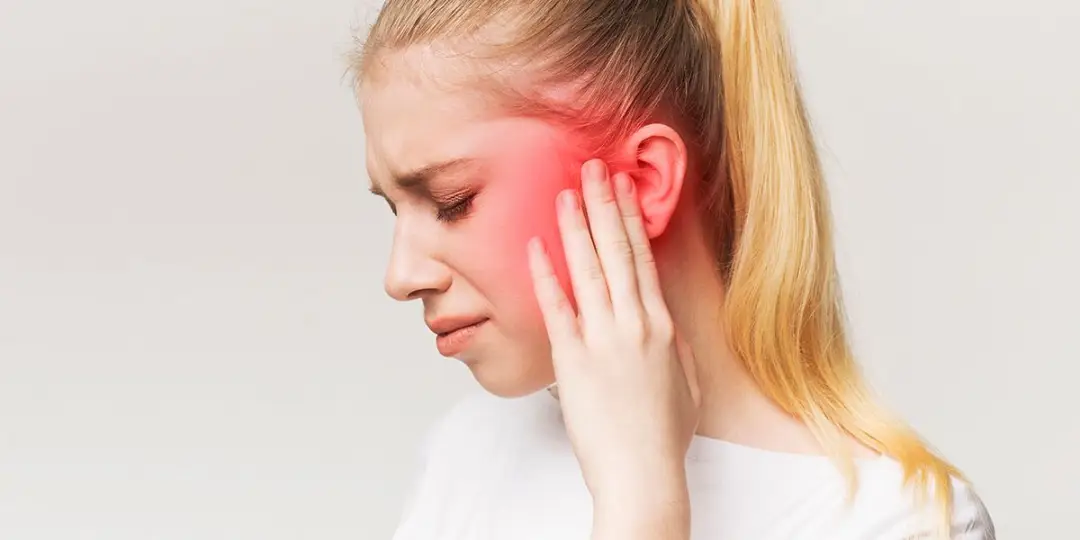
Last updated: 30-01-2024
Introduction to migraine piercings
Migraines stop many people living normally. Treatments vary widely in how well they work.
Daith piercings are a non-traditional but popular remedy.
There is no good scientific evidence that this remedy works. Still, some people have found that daith piercings help with their migraines.
The science (or lack of it) behind migraine piercings
So far, there is not much medical research to say that daith piercings help with migraines.
Most support for the idea comes from individual reports. This has made some people wonder whether the placebo effect is involved.
Many medical experts are not convinced. They say more research is needed.
Despite the lack of evidence, using daith piercings for migraine relief has still become popular. A lot of people talk about it on social media.
Daith piercings: Do they work?
A daith piercing is a piercing that goes through the ear’s inner cartilage fold. Some people think it works like acupuncture. The piercing might affect the vagus nerve in the ear. This could influence how the brain deals with pain. So, could it help you?
A 2017 study described a patient with migraines who felt much better after getting this piercing. Other treatments hadn’t worked for them. Other users have also said it has helped them a lot.
However, more research is needed to make sure this piercing works and is safe. For now, experts say we should be careful about using this as a migraine treatment.
The NHS and migraine piercings: The official view
The NHS does not currently recommend daith piercings as a treatment for migraines. This is because there is no certain proof that they work.
If you are looking for alternative treatments, talk to a healthcare expert. Our Click Pharmacy doctors can offer advice. There are various treatment options that might work for you.
Who can benefit from a daith piercing?
If you have migraines often and do not find typical treatments useful, a daith piercing might help.
Controlled trials or other research could give us a better idea of who daith piercings might help the most.
Who can get a daith piercing?
Daith piercings are not right for everyone. You should think about:
-
Your pain threshold
-
Whether you have sensitive skin
-
Your personal health history
You should talk to a doctor before getting a daith piercing to help with your migraines.
The piercing process: What to expect
Daith piercings go through cartilage. This can be more painful than ear piercings through the lobe. You must take care of your piercing afterwards. This helps avoid infection and makes sure you heal well.
Always follow the piercer's instructions and look out for any issues.
Risks and considerations
Common side effects include infection or the piercing taking a long time to heal. A daith piercing may also not help with migraine symptoms. This would mean the cost and discomfort were unnecessary.
Alternatives to daith piercings for migraine sufferers
If you are not sure about a daith piercing or are looking for more evidence-based treatments, there are several options. These include:
-
Medicines
-
Lifestyle changes
-
Treatments like acupuncture or biofeedback
Final thoughts on migraine piercings
Daith piercings for migraines interest a lot of people. We should be cautious but keep an open mind.
If you want to explore this option, look at all the evidence and talk to healthcare experts to find the best choice for you.
FAQs
What piercing helps with migraines?
Daith piercings are a popular way of dealing with migraines. Some people think they work like acupuncture by affecting pressure points in the ear.
How long does it take to see results from a daith piercing for migraines?
Results vary widely. Some people say it helps straight away. Others report changes over weeks or months.
Can a daith piercing make migraine symptoms worse?
This is uncommon. Still, any piercing can lead to infection or other issues. These can make your migraine symptoms worse.
What are the risks associated with migraine piercings?
Risks include:
-
Infection
-
Taking a long time to heal
-
Allergic reactions
-
No improvement in migraine symptoms
Should I remove my daith piercing if it doesn't help with my migraines?
If the piercing does not help or causes discomfort, ask a doctor about taking it out.
Summary
This article has looked at the interesting idea of daith piercings as a way to treat migraines.
Like acupuncture, a daith piercing is said to relieve pain by affecting pressure points in the ear. However, there is no strong scientific proof that it works.
If you are considering a daith piercing, you should talk to a migraine expert. At Click Pharmacy, we are here to guide you through your options for migraine management and treatment.